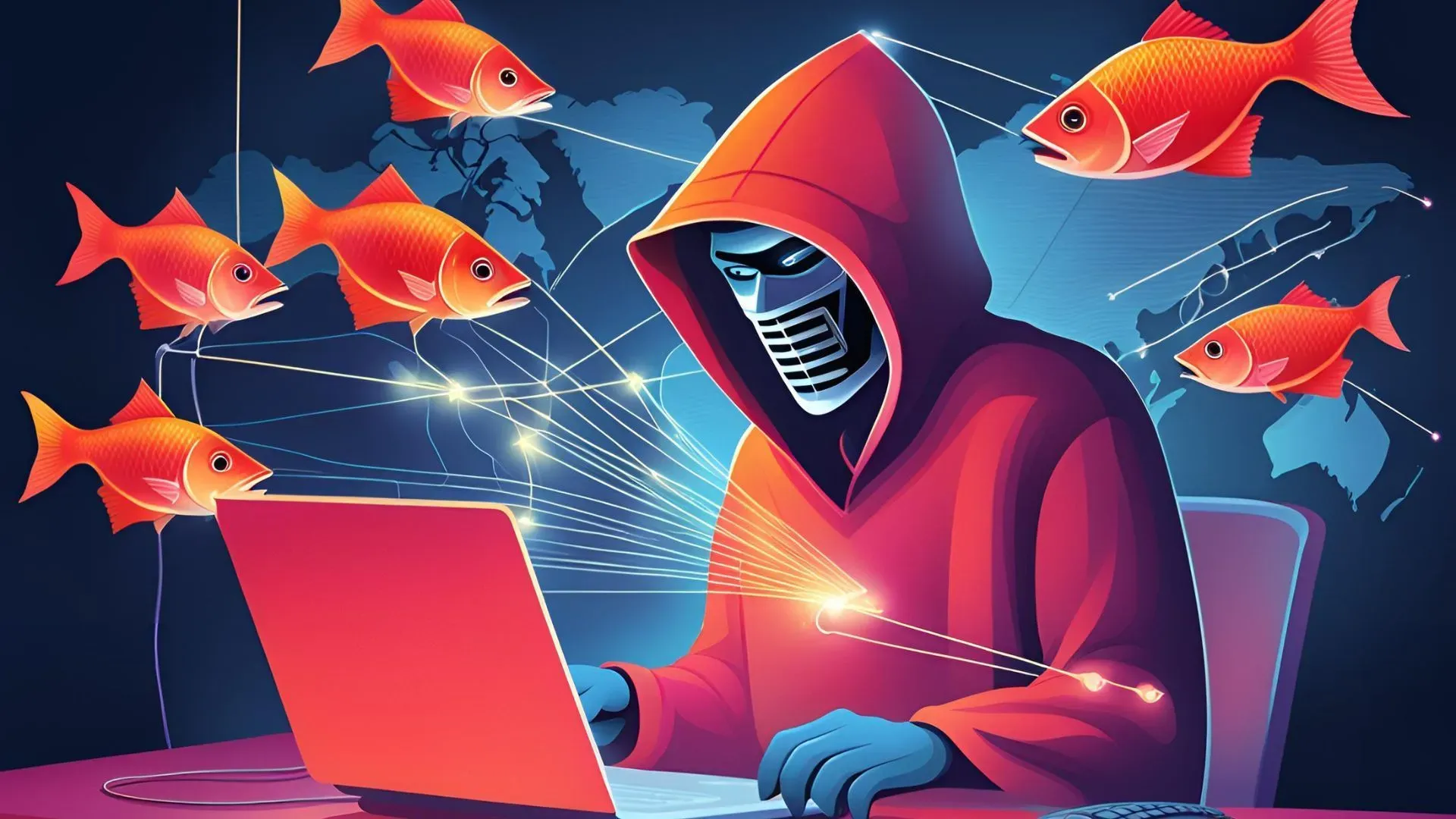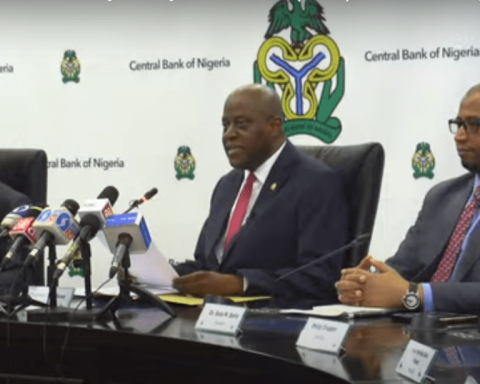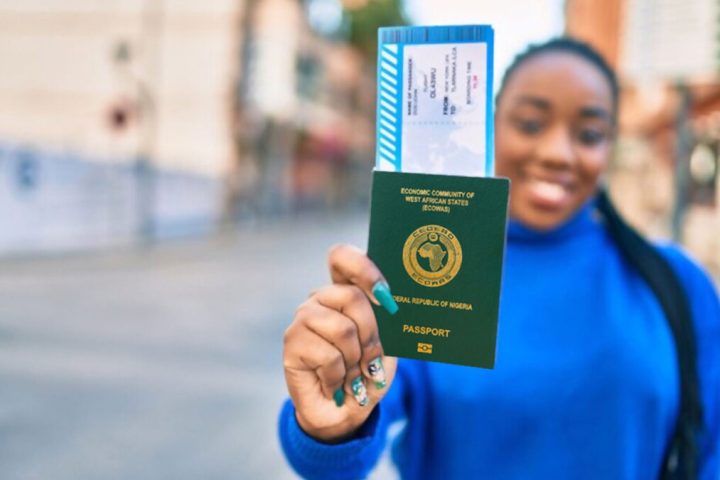Identity theft in Nigeria is becoming a major concern as cybercriminals continue to steal personal information for fraudulent activities. With the rise of digital banking and online transactions, criminals have devised new ways to deceive unsuspecting individuals. These criminals use phishing emails, fake websites, and social media impersonation to gain access to sensitive information such as BVN, ATM card details, and login credentials. Many Nigerians do not realize how vulnerable their personal information is until they become victims.
The consequences of identity theft can be severe. Victims may experience financial losses, emotional distress, and even legal troubles if their identities are used for fraudulent transactions. Fraudsters often take out loans in their victims’ names, make unauthorised withdrawals, and even engage in criminal activities under stolen identities. Despite these dangers, many Nigerians fail to take the necessary precautions to secure their personal data.
Join our WhatsApp ChannelTo reduce the risk of identity theft, Nigerians must adopt better security practices. Here are five effective ways to protect personal information and avoid falling victim to identity thieves.
1. Use Strong and Unique Passwords
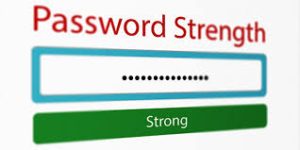
One of the easiest ways to protect personal information is by using strong and unique passwords. Many Nigerians still use weak passwords such as birthdays, simple words, or repeated numbers, making it easier for cybercriminals to gain access to accounts. A strong password should have at least 12 characters, combining uppercase and lowercase letters, numbers, and special characters.
Using the same password for multiple accounts increases the risk of identity theft. If one account is compromised, fraudsters can access others. Password managers can help generate and store strong passwords securely. Additionally, changing passwords regularly can add an extra layer of protection.
2. Enable Two-Factor Authentication (2FA)

Two-factor authentication (2FA) adds an extra layer of security to online accounts by requiring an additional verification step beyond just a password. Most banks and online platforms now offer this feature, and Nigerians should take advantage of it.
READ ALSO: CSU Certificate Saga: Peter Obi Calls On Tinubu To Clarify Identity, Academic Records
With 2FA enabled, logging into an account requires a verification code sent to a registered phone number or email. This means that even if cybercriminals steal a password, they cannot access the account without the second factor of authentication. Enabling 2FA on all important accounts, including email and banking apps, significantly reduces the risk of identity theft.
3. Avoid Clicking on Suspicious Links and Emails
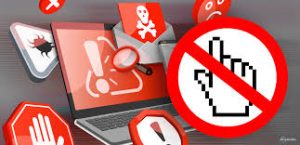
Phishing is a common method used by fraudsters to steal personal information. They send fake emails, text messages, or social media messages that appear to come from legitimate sources, such as banks or government agencies. These messages often create a sense of urgency, warning users that their accounts will be blocked if they do not provide personal details immediately.
Nigerians should always verify the sender of any email before clicking on links or providing personal information. Banks and financial institutions do not ask for sensitive information such as BVN, PINs, or passwords via email or SMS. When in doubt, visit the official website of the organization directly instead of clicking on links in messages.
4. Be Cautious on Social Media

Social media platforms have become a major target for identity thieves. Many people share too much personal information, making it easier for fraudsters to impersonate them. Criminals can use details such as full names, birthdays, and phone numbers to answer security questions and gain access to accounts.
To stay safe, Nigerians should limit the amount of personal information they share online. Privacy settings should be adjusted to control who can see personal details. It is also important to be wary of friend requests from unknown individuals and to report fake accounts that impersonate others.
5. Regularly Monitor Bank Statements and Financial Transactions
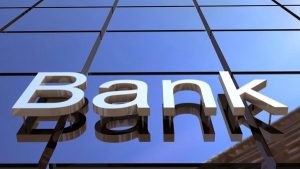
Many identity theft cases go undetected until victims discover unauthorized transactions or loans taken in their names. Regularly checking bank statements and transaction histories can help detect fraudulent activity early.
Nigerians should enable account alerts to receive notifications for every transaction made. This ensures that any unauthorized activity is detected immediately. If any suspicious transaction is noticed, it is important to report it to the bank and law enforcement agencies immediately.
What to Do If Your Identity Is Stolen
If you suspect that your identity has been compromised, take immediate action. Contact your bank to freeze affected accounts and reset any compromised passwords. Report the case to the Economic and Financial Crimes Commission (EFCC) or the Nigerian Communications Commission (NCC) for further investigation. The faster action is taken, the better the chances of minimising damage.
Emmanuel Ochayi is a journalist. He is a graduate of the University of Lagos, School of first choice and the nations pride. Emmanuel is keen on exploring writing angles in different areas, including Business, climate change, politics, Education, and others.

